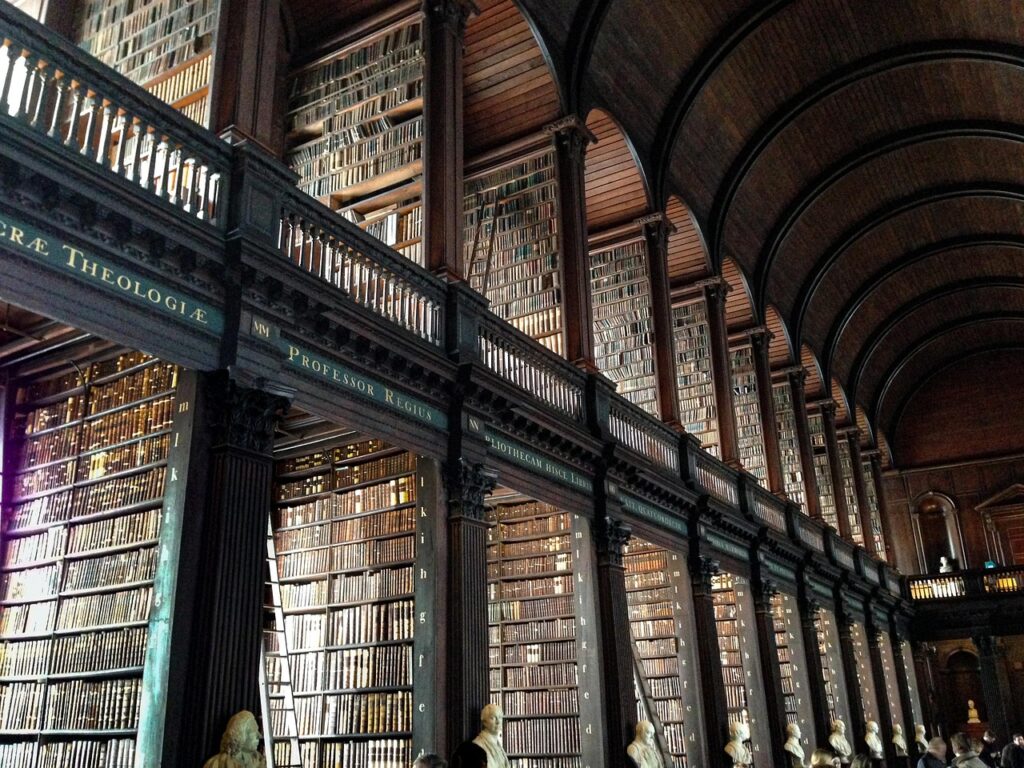
This was not the plan.
Or maybe it was, but it took me a decade to realise it.
My fascination with the Ancient Near East and the dynamics of political power goes back to my youth, but it deepened during my BA in Ancient History and MA in Ancient Studies at VU Amsterdam. Even then, I found myself drawn to the bigger questions: how states interact, why empires emerge, and how smaller powers navigate their surroundings. When I graduated in 2014, I knew I wanted to contribute to these academic conversations. What I lacked was a feasible research angle that genuinely added something new.
That gap held me back for a long time. I hesitated to approach potential supervisors. Partly out of insecurity, partly out of a misplaced sense that I needed to figure everything out on my own first. So instead, I focused on what I could do: writing blogs and articles, giving lectures, and slowly working out what kinds of questions felt worth pursuing.
In 2024/2025, I applied for a PhD in Humanities Research Grant under the supervision of Bas ter Haar Romeny and Shana Zaia. The application was rejected. Yet rather than discouraging me, the process clarified something I had been circling around for years: this field is where I want to be. The work itself still excites me. And I’m ready to commit to it fully, whatever the conditions.
To borrow Walter White’s line — stripped of all its dramatic context — it came down to something simple:
“I like it, and I’m good at it.”
That was the turning point.
The inner conversation
The choice I faced was straightforward but uncomfortable:
Should I wait indefinitely for ideal circumstances, or move forward now with the resources I have?
Starting a PhD without funding is far from perfect, and it reflects the broader structural challenges in the humanities. I won’t pretend it’s fair or easy. But at a certain point, I had to be honest: the research wasn’t going to leave me alone. So I’ve decided to begin as a self-funded PhD candidate at VU Amsterdam.
Why this research? Why Assyria?
Over the past years, one question kept returning with increasing urgency:
Why hasn’t the Neo-Assyrian Empire been examined through the lens of international relations?
Assyria is often presented as an unstoppable force, sweeping across the Near East with little resistance or negotiation. But the historical evidence tells a much more intricate story—one of diplomacy, alliance-building, deterrence, strategic concessions, local agency, and constant negotiation with a wide array of actors.
In other words, the Neo-Assyrian world wasn’t just an empire, it was an international system.
So why has this perspective rarely been explored?
Partly because Assyriology has traditionally focused on textual and philological expertise, not theory. And partly because IR scholars often begin their history of international politics far later. As a result, these two fields have grown side by side without fully intersecting.
There is space here to connect them in a meaningful way.
What new insights could this bring?
Using an IR lens allows us to ask different kinds of questions:
- How did smaller states survive — and sometimes influence — Assyrian policy?
- Why did Assyria sometimes rely on diplomacy instead of conquest?
- When did intimidation succeed, and when did it provoke resistance?
- How did rituals, oaths, and norms shape political expectations?
This approach doesn’t replace traditional Assyriology—it complements it. It adds a layer that helps explain long-term patterns of behaviour and strategy that are otherwise easy to miss.
Where I’m beginning: the unglamorous but essential work
Before any theoretical interpretation is possible, I need a strong empirical foundation. My first task is to create a comprehensive dataset of recorded interactions between political actors in the Neo-Assyrian world. Something that, as far as I know, doesn’t yet exist in one place.
This involves working through:
- royal inscriptions
- royal correspondence
- treaties and loyalty oaths
- administrative and military letters
- oracle texts
and extracting every instance in which states, rulers, envoys, or local leaders interacted with one another.
It’s detailed, painstaking work, the kind many people might find monotonous. But this is where patterns emerge, where contradictions become meaningful, and where the historical landscape begins to take shape.
And it’s work I appreciate for exactly those reasons.
A new beginning
So here I am, starting a PhD on a path that isn’t traditional but feels right. The circumstances may be imperfect, but the commitment is genuine. I’m looking forward to contributing what I can to the understanding of the ancient Near East and its political world.
Over the coming months, I’ll share parts of this research process: the discoveries, the challenges, and the small steps that lead toward bigger insights. If you’d like to follow along, I’d be glad to have you with me.
The journey starts now.
Dear Daan,
Go for it
Thank you Peter!
You’re inspiring! Go for it! 😉
Lieve Daan, heel goed initiatief, doorzetten, je kan dit allemaal….
veel succes gewenst,
Daniel
Dank je Daniël!